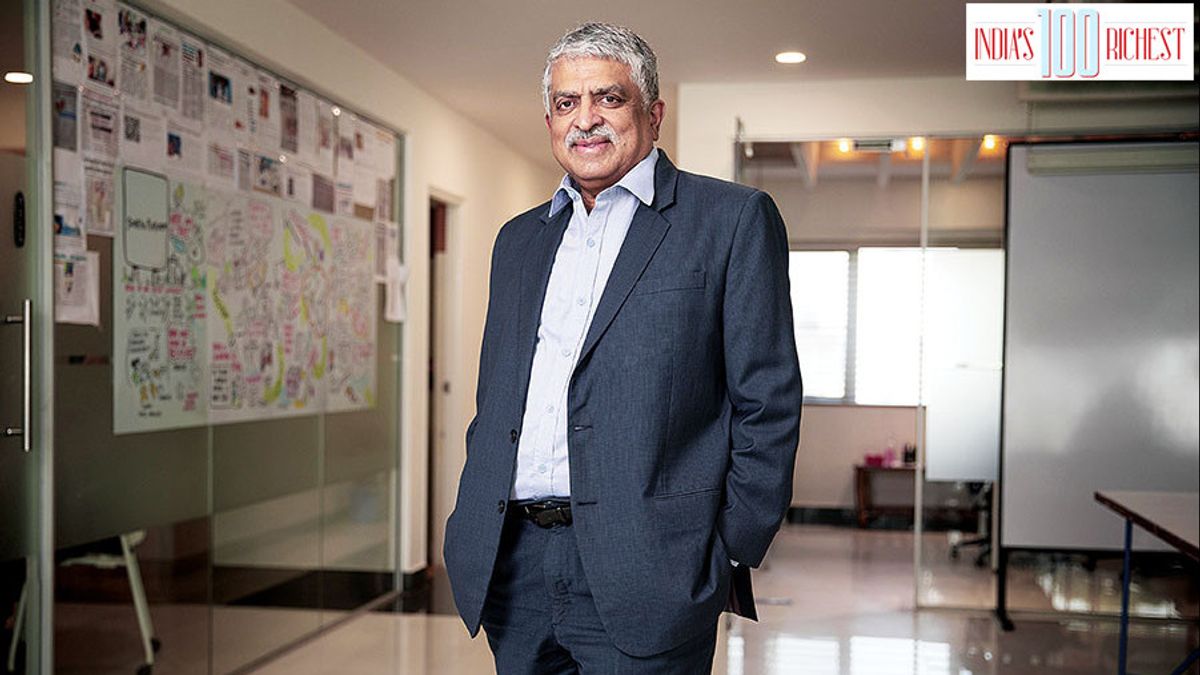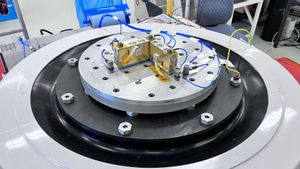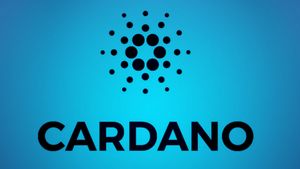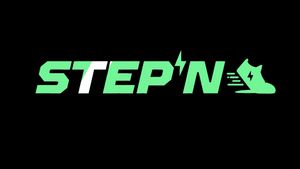JAKARTA - An Indian research group supported by Microsoft and the founder of Infosys, Nandan Nilekani, uses generative artificial intelligence, the technology behind the excitement of ChatGPT chatbots, for mobile assistants who aim to make information about government programs accessible in various languages.
Bot Jugalbandi, named after the music duet in which two musicians play each other, uses a language model from AI4Bharat supported by the government and artificial intelligence technology through Microsoft's Azure OpenAI Service.
Operating through a WhatsApp messaging service owned by Meta Platforms, this bot can understand questions in 10 Indian languages and retrieve information normally written in English on government websites to convey them in local languages.
Microsoft says the bot can help overcome language barriers in India where English is only used by 11% of the population of 1.4 billion people, by setting an example where this bot helps a student get a scholarship and a farmer applies for a pension for his parents. However, there are some issues of accuracy about it.
SEE ALSO:
Like Google and Bing's Bards owned by Microsoft, Jujulbandi sometimes provides answers that seem convincing but are actually fake - a tendency called hallucinations.
The application of Jugalbandi is also limited by the lack of data because organizations often do not have resources or expertise in building data channels to be provided to bots.
"Sometimes these models make mistakes. They are probabilistic machines," said Pratyesh Kumar, principal investigator AI4Bharat and lead researcher at India's Microsoft Research.
He added that AI4Bharat is trying to resolve the issue by seeking feedback from organizations such as Gram Vaani, a Delhi-based social company that works closely with farmers.
The English, Chinese, Japanese, Arabic, and French versions are automatically generated by the AI. So there may still be inaccuracies in translating, please always see Indonesian as our main language. (system supported by DigitalSiber.id)
















